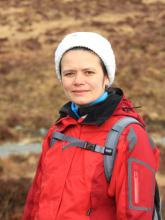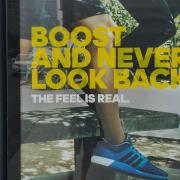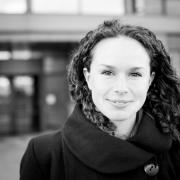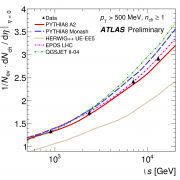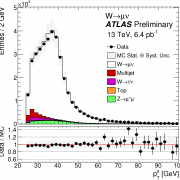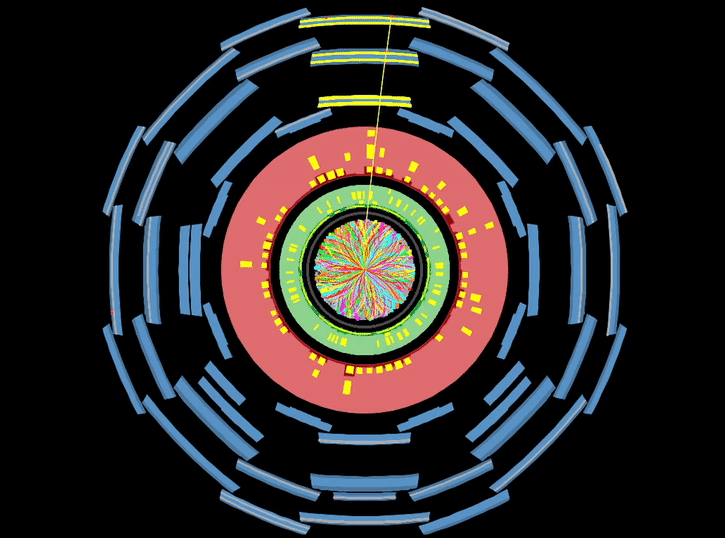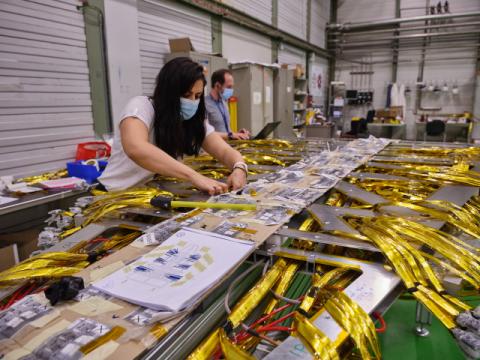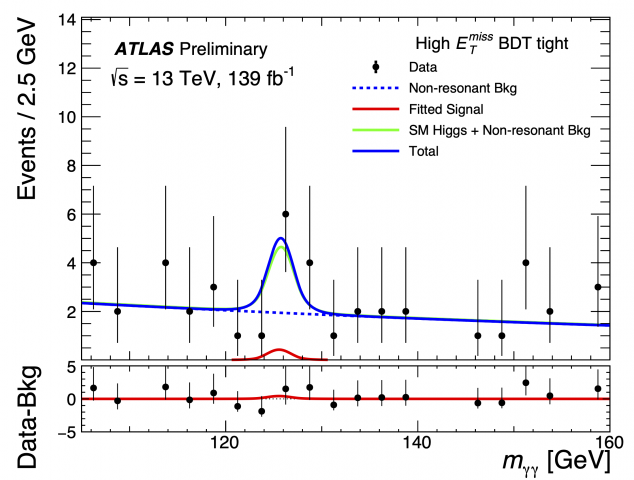Access to Collaboration Site and Physics Results
I arrived in Chicago for my first conference after the first long LHC shutdown, where new results from the two big experiments ATLAS and CMS were to be shown. Before the beginning of the conference on Monday, I had one day to fight against jetlag and see the city – certainly not enough time to see everything!
The focus of the BOOST conference is to discuss the physics of objects produced at very high momenta. New, very heavy particles can be produced at LHC. Such particles decay very quickly and we only observe their daughter particles, or theirgranddaughter particles in the detector. These decay products are special – they get the boost from the mother particle and have very high momenta.

The reconstruction of such highly boosted particles is a big challenge. Around 100 experts from different institutes around the world meet for one week to discuss the discovery techniques and strategies for these new heavy particles at LHC. Compared to some other much larger conferences, it is a very familiar atmosphere!
We had many interesting discussions during the presentations and coffee breaks. For me, it was a great opportunity to meet colleagues from around the world that I’d known for a while but had never met in person. Theorists and experimentalists from ATLAS and CMS exchanged new ideas on the reconstruction and identification of high momenta particles, and discussed not only the discovery potential of both experiments for the next run period but also the prospective designs of new very high energy machines that could be built in 20-30 years.
The University of Chicago organised a public event during the conference: a screening of the Particle Fever movie and a discussion panel. For me, it was like going back in time before the Higgs boson discovery – feeling once again the excitement about the first beam at LHC. It was a great time and I am sure we will have more great moments aheard. It’s time to boost for a new discovery!
Tatjana Lenz



